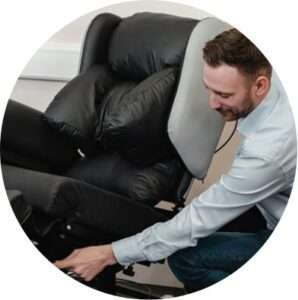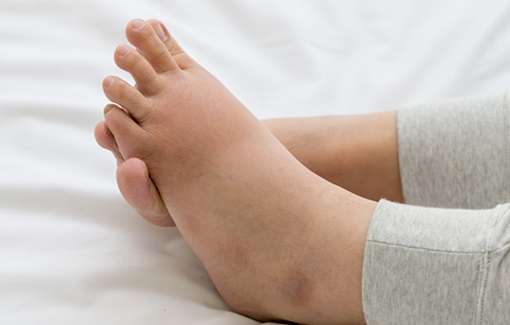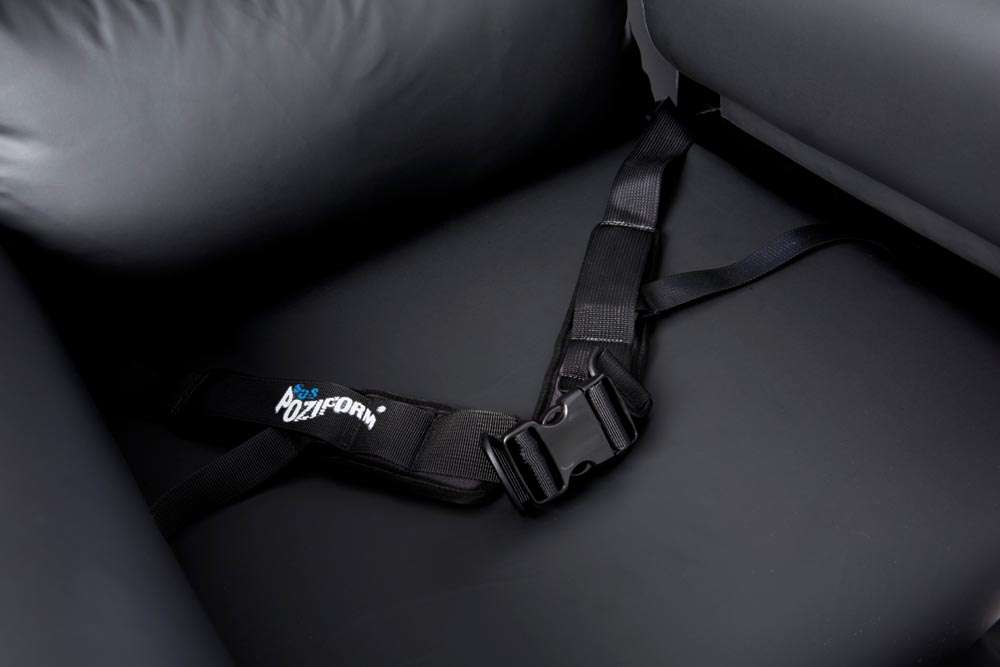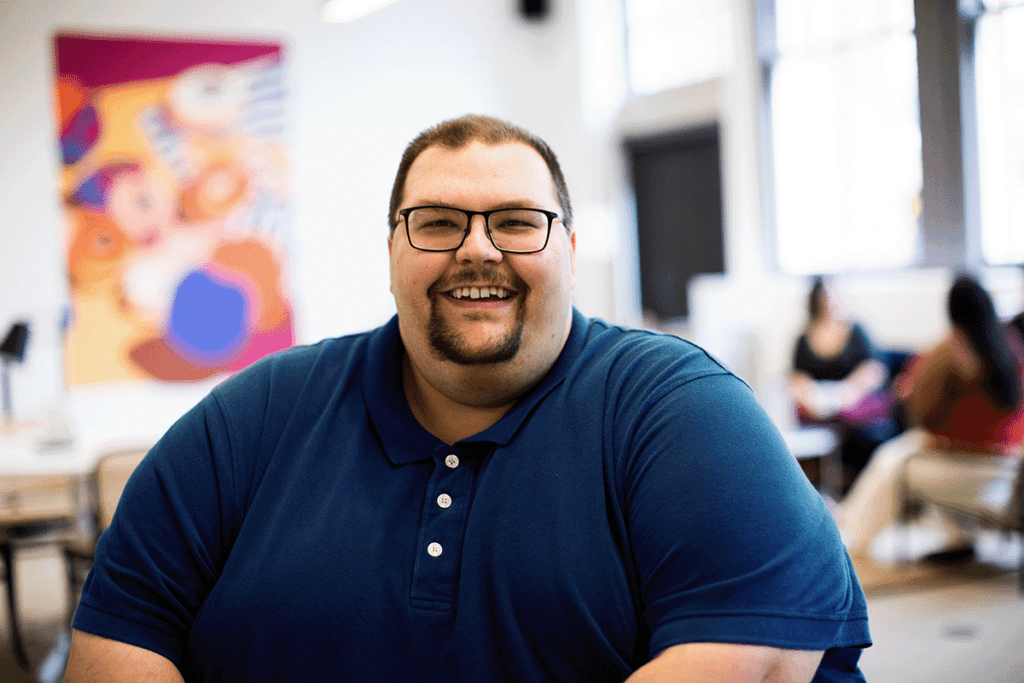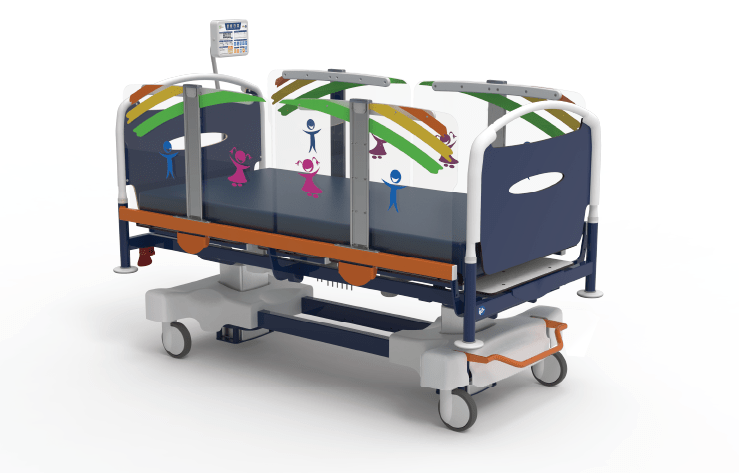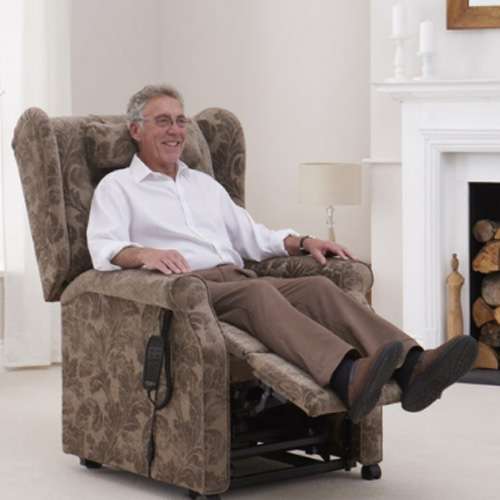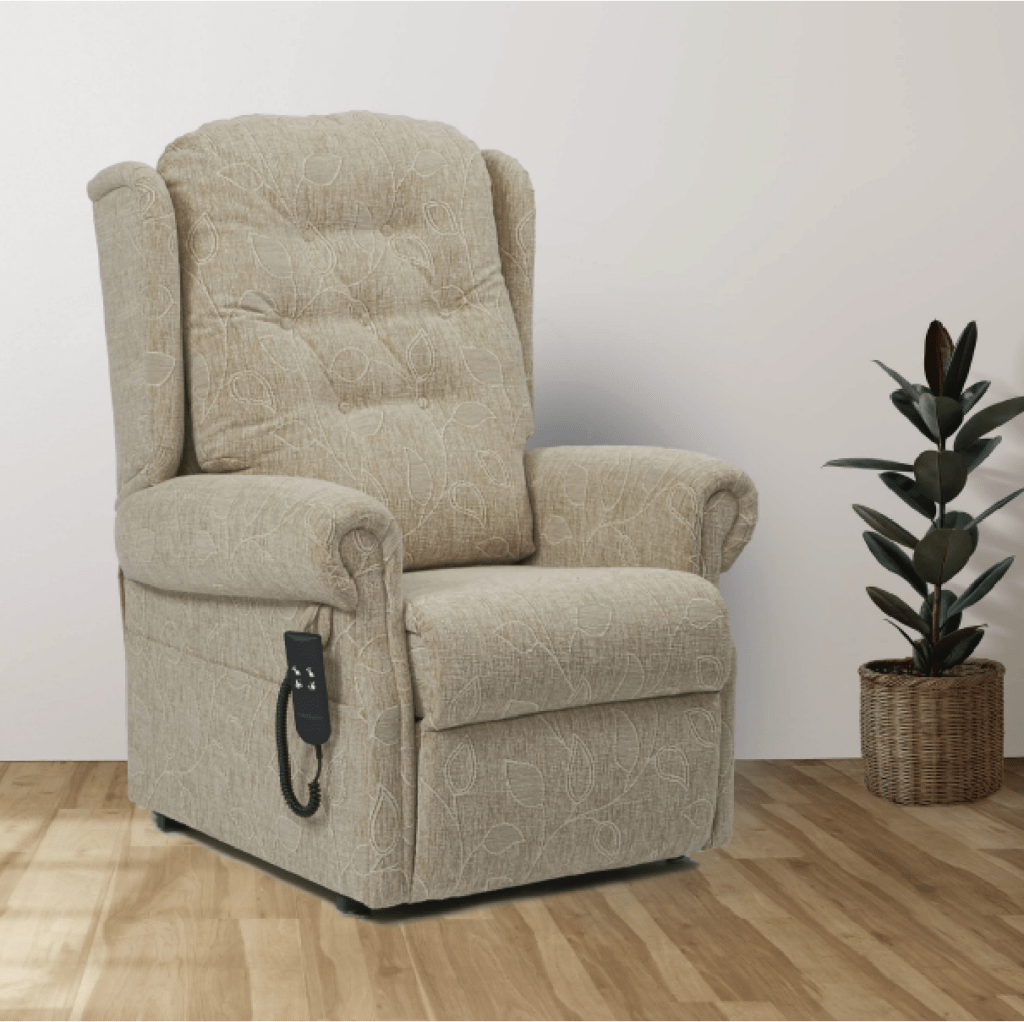Speeding up hospital discharge is a critical issue for the NHS at the moment.
Around 14,000 patients are currently occupying NHS beds that are fit for discharge. With bed occupancy at maximum capacity, getting these patients back into their homes or community care is a critical priority to free up much needed bed spaces.
Two key parts to resolving this problem are improving patient flow, and reducing length of stay. This article looks at how specialist seating can assist with these two areas, to help the NHS achieve its strategic objectives.
Jump straight to...
How Specialist Seating Can Improve Patient Flow
Patient flow is the ease at which patients are conducted through their treatment pathway, and between each stage of their care programme, for example from an Acute to a Rehabilitation ward.
Section 1 of the NHS Long Term Plan, “Moving to a 21st Century Service Model”, recognises the need for the NHS to be more ‘joined-up’ in its care, to create a smoother patient journey and reduce waste, inefficiencies, and delays. This will involve a modern, new approach, moving away from the traditional model of segmented care teams.
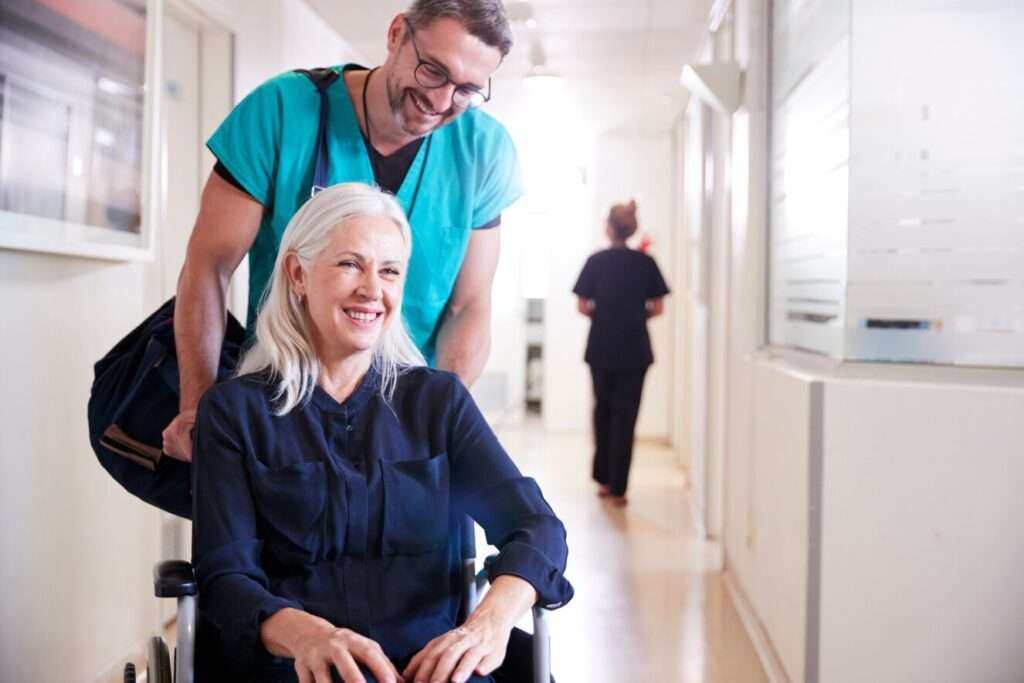
Our specialist seating helps towards improving patient flow in the following ways:
Flexibility
Our standardised Lento chairs support a flexible workforce, as they are very simple and intuitive to adjust, needing no special training. This means that temporary staff can be employed on flexible contracts to fill in workforce shortages, who can still adjust and resize the seating and deliver the same standard of care to every patient.
Single-Handed Care
Adjustable seating enables single-handed care to a far greater extent. Staff can adjust the seat size and postural support to ensure treatment is personalised to the needs of each patient.
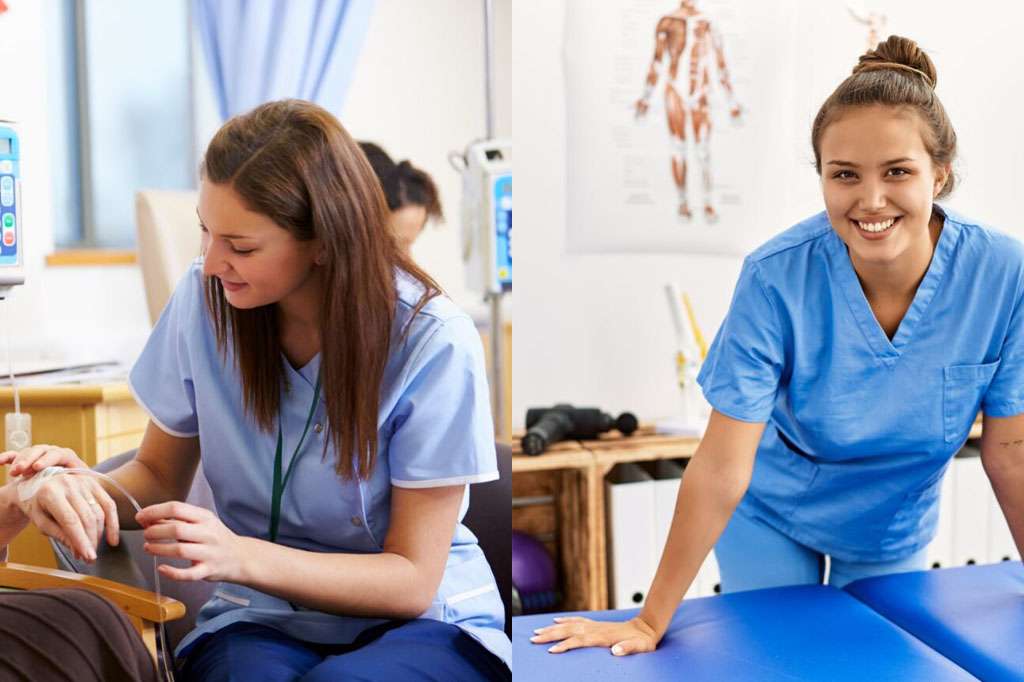
Same-Day Surgery
We have gone as far as developing a hybrid chair that doubles up as a chair and a mobile day surgery trolley, keeping the patient on one piece of multi-purpose equipment, and avoiding using a hospital bed for same-day surgery.
Cancer Treatment
As outlined in Section 3 of the Long Term Plan, “Improving Care Quality and Measurable Outcomes”, early detection of cancer is on the top list of priorities for the NHS, to increase cancer survival rates. To cope with the recent increase in screening volumes, the VELA range of chairs are designed to assist both patient and operator with every stage of the process, making the process as smooth as possible and reducing staff injuries/MSDs.
- The VELA mammography chair has ergonomics at the heart of its design, with height adjustment, footbrake and easy side access to help get the best possible imaging with the lowest effort.
- The VELA X-ray chair assists thoracic x-rays by keeping the patient stable and allowing images to be captured from all angles with the thoracic backrest and fold-down arms. The central brake and electric height adjustment are easy to operate, allowing easy movement of patients.
- For patients undergoing chemotherapy, this can be an unpleasant, gruelling process, and they need to feel as comfortable and supported as possible during treatment. This is the where the Lento chair range plays a great role in maximising patient comfort, providing soft pressure-relieving upholstery, and advanced postural support.
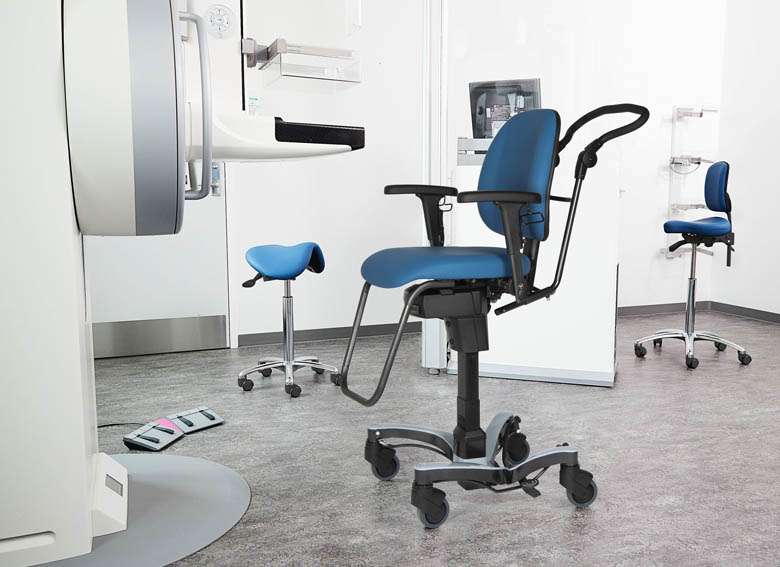
VELA Mammography chair
How Specialist Seating Can Reduce Length of Stay
Gearing up the community to help patients with long-term health conditions or non-emergency care will relieve pressure on bed occupancy rates within NHS hospitals. By boosting out-of-hospital care, this will help hospital discharges speed up naturally, as there is more resource in the community to receive discharged patients and continue follow-up care.
As well as ensuring the community is equipped for ongoing care, there are ways within acute care to help patients recover quicker and be discharged faster after they have received the treatment interventions they need.
Our seating range can help speed up the rate of hospital discharge in the following ways:
Advanced Technologies
Our Lento range comes with an acute spec for hospital environments. This specification has enhanced pressure relief and infection control technologies, reducing the risks of pressure sores and hospital-acquired infections that are higher in acute care environments.
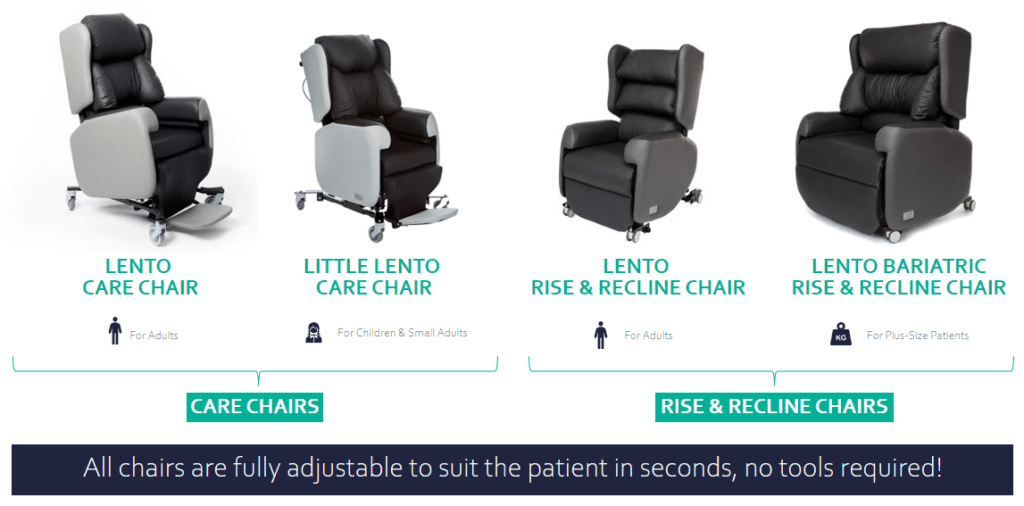
Stocked for Quick Despatch
When a patient is ready to be discharged, time is of the essence, as unnecessary delays can lead to medical deconditioning. Our community range of Lento care chairs are available for immediate despatch into community care homes, loan stores or private homes.
Tool-Free Configurability
Our chairs are designed to be reconfigured and resized without any tools. This means that when they are reissued by community loan stores, they can be easily adjusted to suit the next patient without any hassle or prior assessment.
Aid Rehabilitation
As well as preventing deconditioning, our Lento chairs are designed to assist with rehabilitation, with a range of features such as tilt-in-space, adjustable legrests and graded rise, that all help to keep the patient moving and encourage ambulation.
Assist With Standing
The Rehabilitation chair takes positioning even further with lots of positioning options like lie-flat and Trendelenburg, and a more assistive sit-to-stand position for those who struggle with standing.
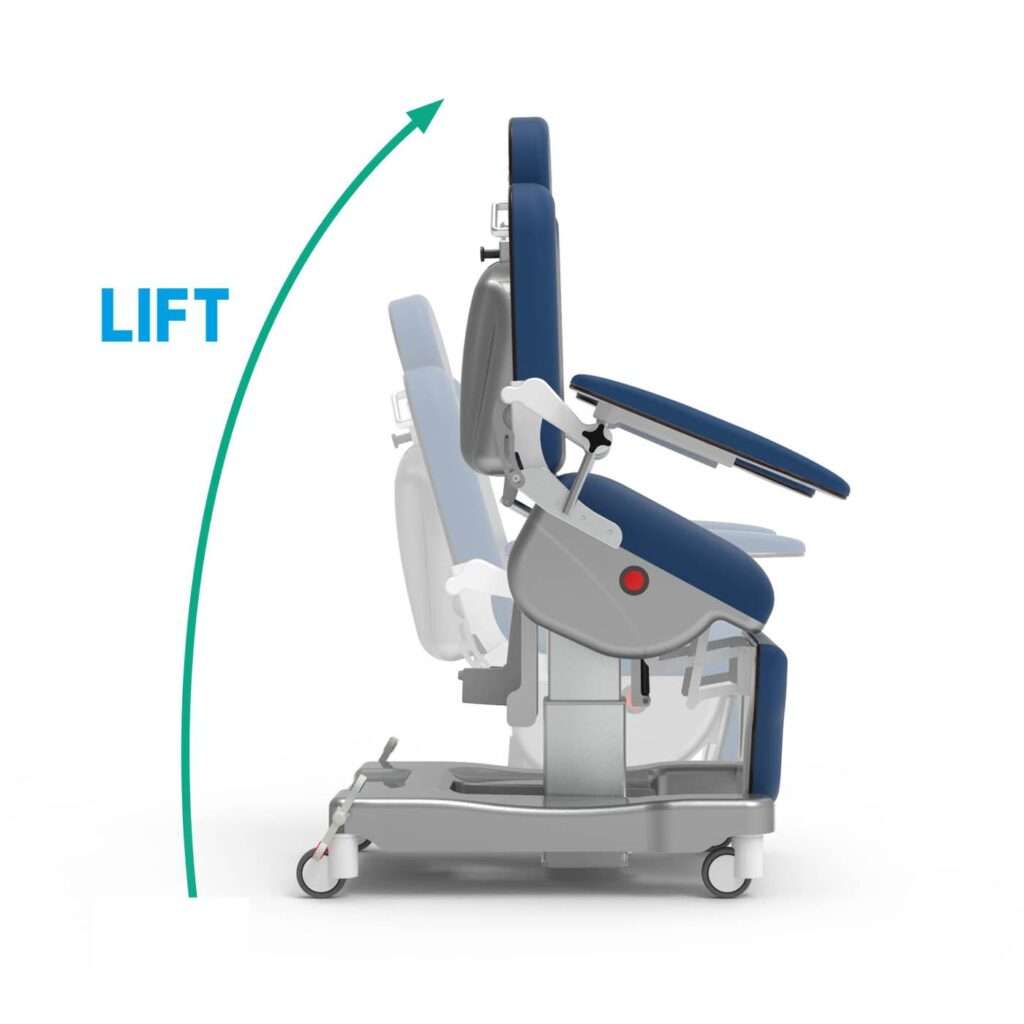
Case Studies
Some of the projects we have carried out for different NHS Trusts shows these principles in action.
Derby Community Healthcare
Inadequate seating for bariatric patients was keeping patients confined to their beds and not reenabling their mobility for discharge. This was contributing to an increase in discharge times, creating bed shortages.
The solution we provided was the Lento Bariatric chair, a 40 and 50-stone version that would give bariatric patients supportive seating, and help them move and get to their feet. Features such as removeable arms and vertical rise helped patients transfer on and off the chair, increasing their mobility and preparing them for discharge. As a result, patient discharge times decreased, reducing pressure on bed numbers.

Trafford Council
Trafford Council used to order bespoke care chairs for patients that had been discharged from hospital, which were on a 6-8 week lead time and specified to the needs of that particular client. Now they can order the Lento Care Chair straight from stock, so there are no delays in discharging the patient out of hospital, and it is fully adjustable so can be cleaned, restocked and resized for the next patient, dramatically reducing cost and waste.

North East Lincolnshire Council
The care homes in North East Lincolnshire had a lack of appropriate equipment to care for an influx of patients discharged from hospital. Funded by the Workforce Retention Fund, the care homes purchased a wide range of equipment to cater for all potential needs of discharged patients.
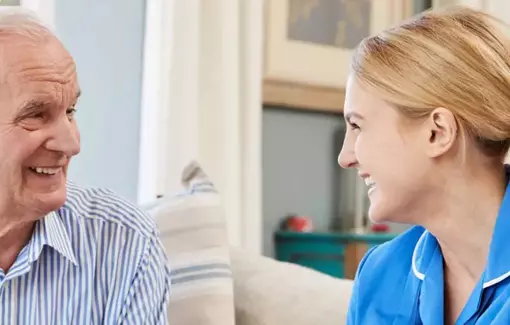
Conclusion
Seating in acute and community care is an important clinical resource, and one that Trusts and procurements teams can use effectively to increase hospital discharge rates and support the patient on their recovery journey.
If you would like more information on our seating or other rehabilitation equipment, we would love to hear from you! Please reach out to our NHS Partnerships Team for more advice and support:
Get Expert Advice



